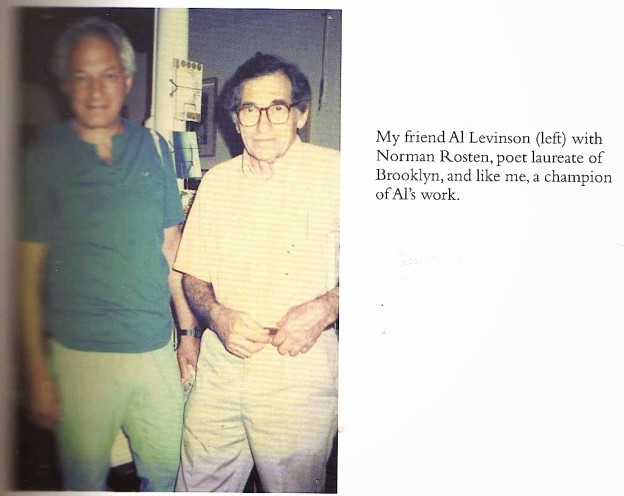
His name is Professor Simon Baron-Cohen, and he is based at the Department of Psychology, Cambridge University, where he is a world authority on autism. In fact, I’ve interviewed him twice—firstly in 2000 at his rooms in Trinity College, and a few years later in his Department on the Trumpington Road. With a name like Baron- Cohen , and at a time when Ali G was beginning to do his famous TV stunts, I could hardly fail to ask him the obvious question. He didn’t flinch from the truth.
He’s not as tall as his cousin and doesn’t resemble him facially. He is very softly-spoken and, like many academics, was very precise and deliberate in his responses to my questions. On the first occasion we talked about the advantages and disadvantages of having Asperger’s Syndrome, which back then wasn’t the fashionable condition that it now is. He revealed that many high-achieving academics, most them mathematicians, engineers and physicists, functioned perfectly well in their chosen fields, although quite a few had problems in wider society. He argued that though those with Asperger’s Syndrome were often regarded as odd or unusual by their neural-normal colleagues and friends, it was wrong to demonise them. On the contrary, society should celebrate the fact that their abilities, which included often excellent memories, especially for facts, a liking for repetitive or routine work, and strong interests in systems analysis, were in high demand in the modern world. If all these positive attributes inevitably came with some negative aspects, most notably, a lack of social skills, including a sometimes shocking lack of tact and a brutal honesty, together with occasional disabling physical sensitivities, then that was a price society should be able to pay.
Thirteen years on, and two best-selling books later, Borat’s cousin has become a major academic guru in the field of autism studies, which has grown into a little cottage industry (see the catalogue of the publishers Jessica Kingsley and numerous online sites). Today, the annals of British achievement in the arts and sciences is being retrospectively raked over---with Bertrand Russell, Patricia Highsmith and Jonathan Swift-- emerging as Asperger’s candidates. Baron- Cohen’s most controversial book, The Essential Difference, which argues that male and female brains are wired differently, and that therefore it is possible for a female to have a man’s brain, and vice versa, is required reading for anyone interested in transgender politics -- not an issue about which Borat himself would have had anything useful to say. [Thanks H]




